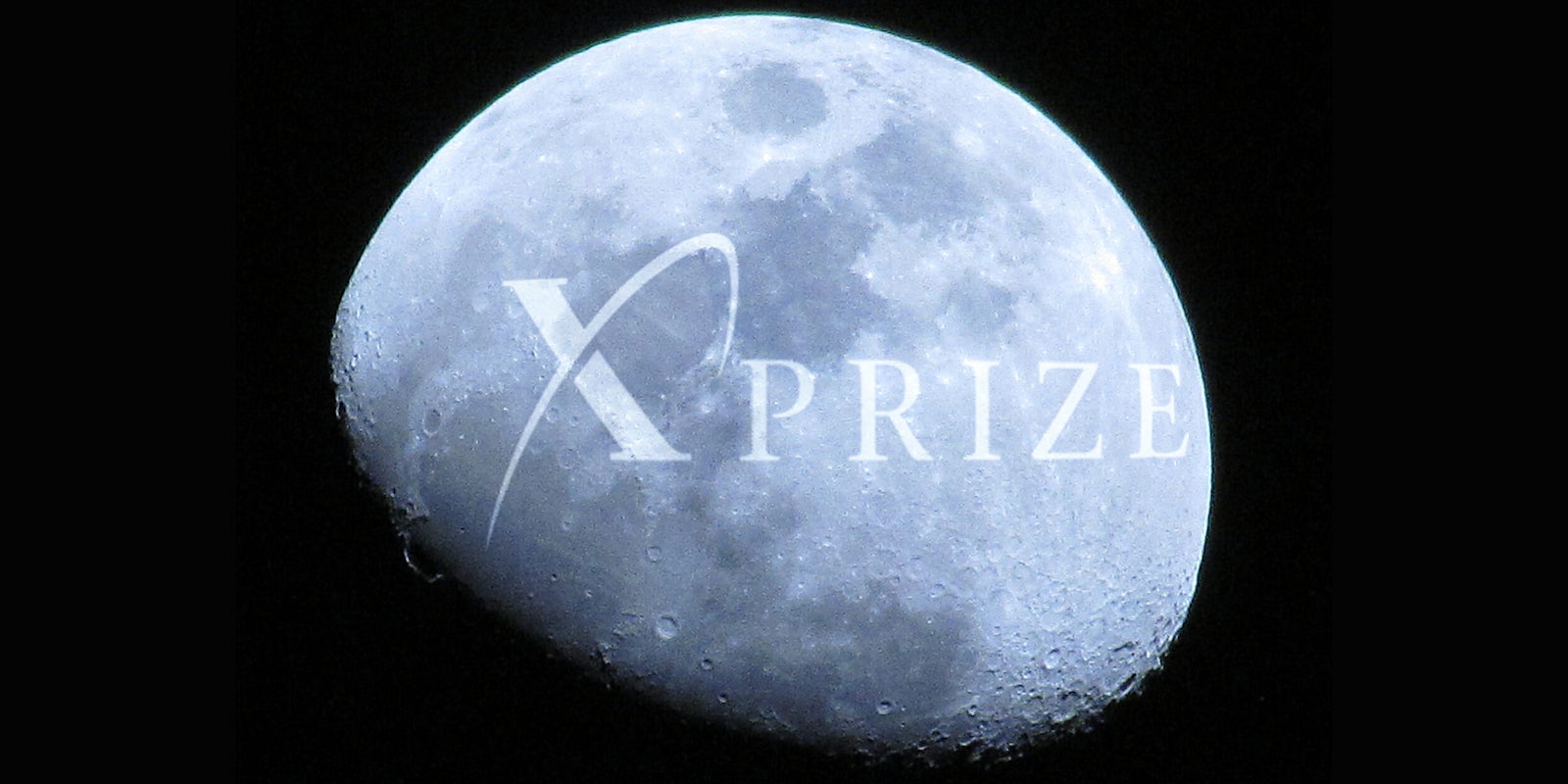Google’s decade-long contest to send a privately funded lunar expedition to the moon is over and none of the participants will be awarded the top prize, the contest organizers announced Tuesday.
The X Prize Foundation, which launched the Google Lunar X Prize in 2007, revealed in a blog post that the five remaining teams competing for a $30 million grand prize wouldn’t be able to attempt a launch by the project’s final deadline of March 31, 2018. According to X Prize founder and executive chairman Peter H. Diamandis and CEO Marcus Shingles, the competition would end because of the challenges the competitors faced in fundraising as well as “technical and regulatory challenges.”
“This literal ‘moonshot’ is hard,” they wrote. “If every XPRIZE competition we launch has a winner, we are not being audacious enough, and we will continue to launch competitions that are literal or figurative moonshots, pushing the boundaries of what’s possible.
Although the Google Lunar X Prize competition ended before its March 31 deadline, it was only the latest deadline set by the X Prize Foundation. Competitors previously had deadlines in 2012, 2014, 2016, and 2017, with each of them pushed back.
By the time the X Prize Foundation ended the contest, only five teams were still vying for the prize: Israel’s SpaceIL, U.S.A.’s Moon Express, Synergy Moon (an international team that spans six continents), India’s TeamIndus, and Japan’s HAKUTO.
Although the contest ended without a winner, the X Prize Foundation still believes that it was a tremendous success. During the contest, the X Prize Foundation revealed, teams raised more than $300 million, created hundreds of jobs in several countries, and garnered plenty of global press coverage. Teams also earned more than $6 million in prize money.
Now that the contest as we know it is over, the X Prize Foundation is looking for ways for it to continue, albeit in a different iteration, such as getting another sponsor or proceeding without a cash reward. But what the contest also did, Diamandis and Shingles, say, is show that space exploration is possible beyond the limitations we’ve often experienced it by.
“As a result of this competition, we have sparked the conversation and changed expectations with regard to who can land on the moon,” Diamandis and Shingles said in a statement. “Many now believe it’s no longer the sole purview of a few government agencies, but now may be achieved by small teams of entrepreneurs, engineers, and innovators from around the world.”
H/T New York Times


